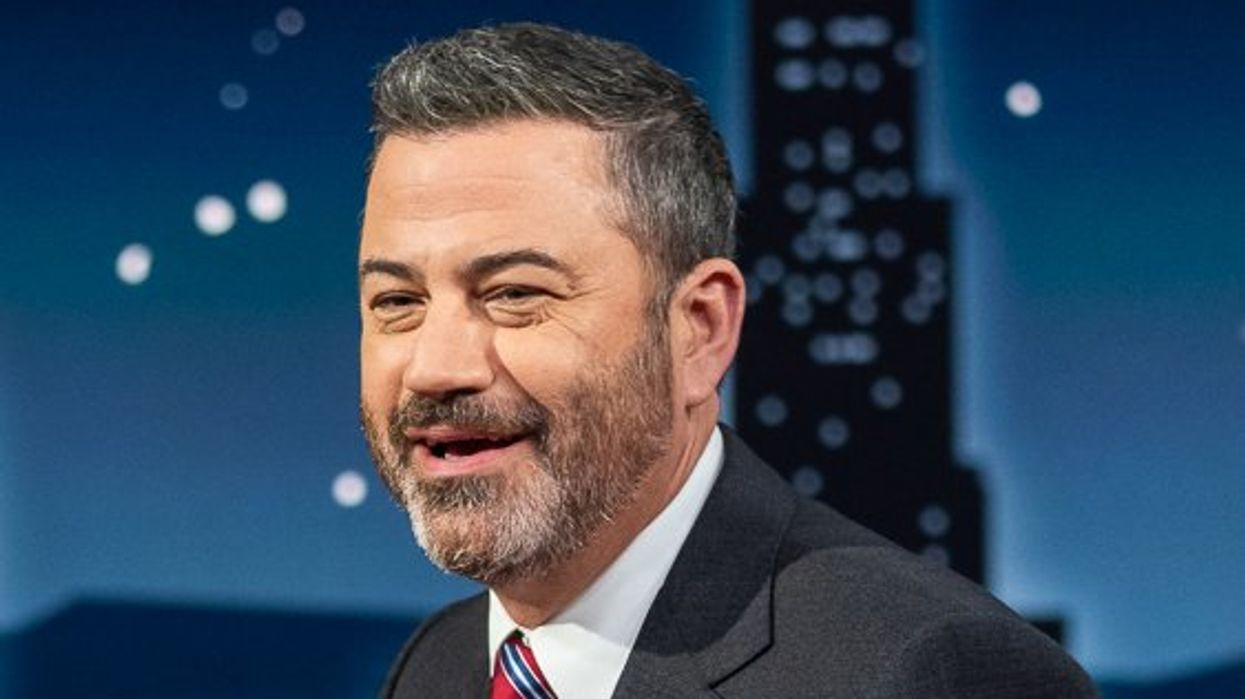ABC’s decision to pull Jimmy Kimmel Live! indefinitely has sent shockwaves through both the media and political worlds, with critics denouncing the move as censorship. “This isn’t right,” wrote actor Ben Stiller. California Governor Gavin Newsom went further, accusing the Republican Party of “censoring you in real time,” warning that “buying and controlling media platforms, firing commentators, canceling shows… it’s coordinated. And it’s dangerous.”
This isn’t just about one late-night host. It’s about a pattern—a six-step playbook used by authoritarian regimes to dismantle democratic institutions. And under President Donald Trump’s second term, critics say that playbook is being executed with alarming precision.
On an episode of HBO’s Real Time, political satirist Bill Maher issued a stark warning about what he calls a “slow-moving coup” orchestrated by Trump.
Maher laid out a chilling checklist of tactics he believes are being used to consolidate power and undermine democratic norms.
“Let me just describe some of the steps—and you tell me if I’m being paranoid,” Maher said. He pointed to the normalization of masked federal police, the deployment of National Guard troops in Washington, D.C., and the increasing militarization of urban spaces. “Get people used to looking at that. Normalize snatching people off the street. Normalize seeing the National Guard and the military on the street,” he warned.
Maher’s concerns stem from Trump’s recent moves in the capital, including the federalization of local police and the deployment of troops following a high-profile carjacking incident. Trump has since suggested similar actions may be taken in Chicago and New York City, citing public pleas for intervention and rising crime rates.
Critics argue these actions amount to political theater and dangerous overreach.
McKenzie Carrier and Thomas Carothers of the Carnegie Endowment for International Peace warn, Trump is moving “more aggressively and creatively than many autocrats abroad,” bypassing legislative pathways in favor of executive orders, emergency powers, and rhetorical domination.
1. Expand Executive Power
Trump has repeatedly tested the limits of presidential authority, from deploying federal agents to threatening military action against cities. Political scientists Steven Levitsky and Daniel Ziblatt warned early on: “No other major presidential candidate in modern U.S. history… has demonstrated such a weak public commitment to constitutional rights and democratic norms” (How Democracies Die, 2018).
2. Suppress Dissent
The Kimmel incident is not isolated. It follows a broader trend of silencing critics—whether through legal threats, media pressure, or direct intervention.
The cancellation of The Late Show with Stephen Colbert earlier this year sparked a firestorm of speculation, especially given the timing: it came just three days after Colbert publicly criticized CBS’s parent company, Paramount, for settling a defamation lawsuit with Donald Trump for $16 million.
At the time, Trump celebrated the cancellation on Truth Social, writing, “I absolutely love that Colbert got fired. His talent was even less than his ratings”. He also took shots at other late-night hosts, suggesting Jimmy Kimmel could be next.
3. Control Information
From discrediting journalists to amplifying propaganda, Trump’s media strategy has created a climate where truth is negotiable. The FCC’s involvement in the Kimmel case—threatening action against ABC before the show was pulled—raises serious concerns about state interference in editorial decisions.
4. Cripple the Opposition
Trump’s rhetoric routinely paints political opponents as enemies of the state. Legal harassment, smear campaigns, and delegitimizing electoral outcomes are all tools in the autocrat’s arsenal. The Authoritarian Playbook for 2025 warns that Trump’s allies are “laying the groundwork to consolidate power and undermine checks and balances.”
5. Exploit Populism and Nationalism
Political psychologist Karen Stenner explains that authoritarianism is triggered not by fear, but by threats to “oneness and sameness”—a dynamic Trump exploits with precision (The Authoritarian Dynamic, 2005). The MAGA movement thrives on exclusion and grievance, reinforcing a worldview that demands conformity and punishes difference.
6. Secure Elite Support
Despite his populist image, Trump has rewarded loyalists with impunity and power. The Kimmel controversy reveals how media conglomerates and regulators may be aligning with executive interests, prioritizing political loyalty over public service.
Reclaiming the Three Branches
To protect our constitutional system, we must:
- Reinforce Judicial Independence: Congress must pass legislation to insulate courts from executive influence.
- Protect Press Freedom: Journalists must name authoritarianism when they see it. Delay is complicity.
- Mobilize Civic Education: Teach the principles of checks and balances and democratic resilience.
- Support Local Democracy: State and municipal governments must assert their rights against federal overreach.
- Build Coalitions Across Difference: Authoritarianism thrives on division. Solidarity is our strongest defense.
The pulling of Jimmy Kimmel Live! is more than a programming decision—it’s a stress test for the First Amendment. When political pressure leads to the silencing of satire, we’re not just losing a television show—we’re watching the boundaries of free expression shrink in real time. If we fail to respond, this moment won’t be remembered as an anomaly, but as the inflection point when censorship moved from fringe to mainstream, and constitutional protections began to buckle under partisan weight.
Hugo Balta is the executive editor of the Fulcrum and the publisher of the Latino News Network.






















Trump & Hegseth gave Mark Kelly a huge 2028 gift